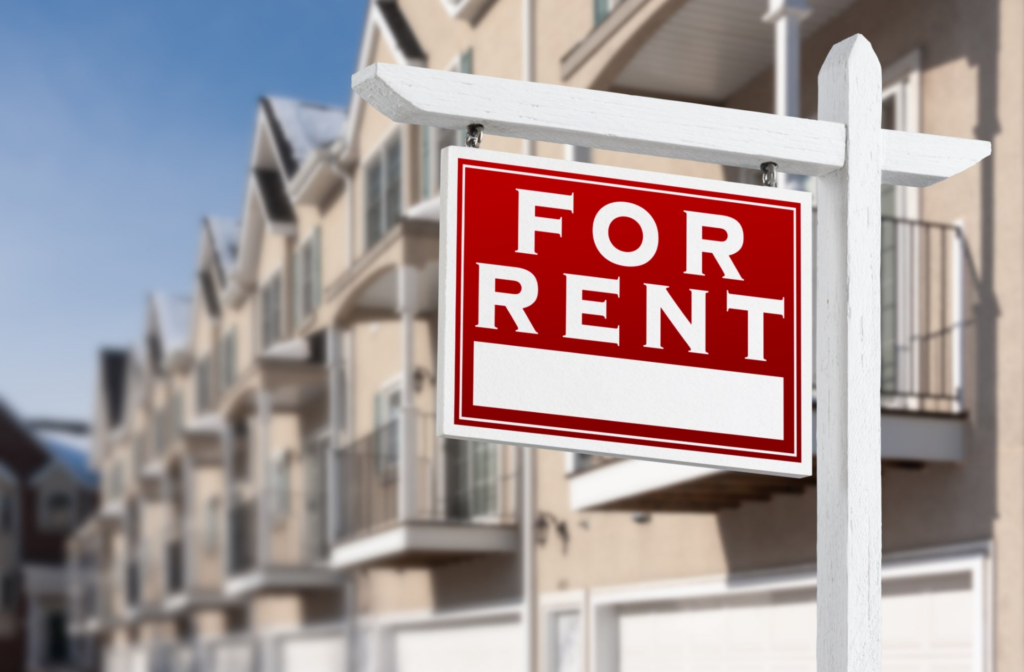
Real estate has long been considered one of the most reliable and profitable investment avenues. Whether you’re a seasoned investor or just getting started, understanding the best strategies is essential for maximizing your returns. In this article, we’ll explore 15 Real Estate Investment Strategies for Maximizing Profit. By using the right approach, you can maximize profits while minimizing risks in the real estate market.
1. Buy and Hold: Real Estate Investment Strategies for Maximizing Profit

One of the simplest and most effective real estate investment strategies is the buy-and-hold approach. This strategy involves purchasing properties with the intention of holding onto them for an extended period, allowing the property to appreciate in value over time.
By investing in properties in growing neighborhoods, you benefit from both price appreciation and rental income. Holding onto the property for the long term also provides the advantage of tax deductions on mortgage interest, maintenance, and other related expenses. This strategy requires patience but yields significant long-term returns.
2. Fix-and-Flip: Real Estate Investment Strategies for Maximizing Profit

Fix-and-flip is a popular strategy for investors who want to make quick profits. It involves purchasing distressed properties at a discounted price, making necessary repairs, and then selling them for a higher value.
The key to success in this strategy is accurate cost estimation and time management. You’ll need to ensure that the repairs and improvements will increase the property’s value significantly enough to cover costs and generate a profit. This strategy works best in areas where the demand for renovated properties is high, offering both short-term and long-term gains.
3. Rental Properties: Real Estate Investment Strategies for Maximizing Profit

Investing in rental properties offers a consistent income stream. With rental properties, you can earn money through monthly rental payments while also benefiting from the long-term appreciation of the property.
This strategy works particularly well in high-demand areas where people are more likely to rent, such as urban centers or locations near universities or business districts. By keeping a property well-maintained and charging competitive rents, you can enjoy a stable source of income over the years.
4. Real Estate Investment Trusts (REITs): Real Estate Investment Strategies for Maximizing Profit
If you’re looking to invest in real estate without directly purchasing property, Real Estate Investment Trusts (REITs) are an excellent option. REITs allow you to invest in a portfolio of real estate assets, including commercial, residential, and industrial properties.
These trusts distribute dividends to investors based on the income generated by the properties in their portfolio. REITs are especially suitable for those who want exposure to the real estate market without the hassle of property management or maintenance.
5. Commercial Real Estate: Real Estate Investment Strategies for Maximizing Profit
Commercial real estate investment typically involves purchasing office buildings, shopping centers, or industrial properties. These properties tend to generate higher rental income compared to residential properties, making them an attractive option for investors seeking higher returns.
Commercial properties often have longer lease terms and more stable tenants, which can provide more predictable cash flow. However, it’s essential to consider the location and tenant quality, as the success of a commercial real estate investment depends on the stability of the businesses that occupy the space.
6. Vacation Rentals: Real Estate Investment Strategies for Maximizing Profit
Investing in vacation rental properties is a strategy that has gained popularity due to the rise of platforms like Airbnb and Vrbo. These properties are typically rented out short-term to vacationers, often at a premium rate.
Vacation rentals can be a highly profitable investment, especially if located in desirable tourist destinations. The key to success lies in managing bookings efficiently, maintaining the property, and ensuring it stands out among other listings. Location is critical, as high-demand vacation areas will naturally generate higher rental income.
7. House Hacking: Real Estate Investment Strategies for Maximizing Profit
House hacking is a real estate investment strategy where you buy a multi-unit property, live in one of the units, and rent out the others. This approach allows you to offset your mortgage payments with rental income from the other units.
House hacking can be a highly profitable strategy, particularly for first-time homebuyers. You’ll benefit from the appreciation of the property while minimizing living expenses. Additionally, this approach allows you to start building equity in the property without a large upfront investment.
8. Lease Options: Real Estate Investment Strategies for Maximizing Profit
A lease option is a strategy where you lease a property with the option to purchase it at a later date. This strategy provides flexibility for both buyers and sellers, and it works well in markets where property values are expected to rise in the future.
For investors, lease options offer the benefit of locking in a purchase price while earning rental income in the meantime. This can be a profitable strategy if the market appreciates, allowing the investor to purchase the property at a favorable price down the road.
9. Wholesaling
Wholesaling involves finding distressed properties, getting them under contract, and then selling the contract to another investor for a profit. Wholesalers typically work with properties that require significant repairs or are being sold below market value.
This strategy doesn’t require a large amount of capital, as the wholesaler is essentially acting as a middleman. However, it does require a strong understanding of the local market and the ability to negotiate deals. Wholesaling can generate quick profits, making it an attractive option for investors looking for short-term gains.
10. Commercial Leasing
If you own a commercial property, you can maximize profit by leasing out the space to businesses. Commercial leases often have longer terms and can generate higher returns than residential leases.
Leasing space to businesses can be particularly lucrative if the property is in a prime location, such as near a busy shopping area or in a business district. Commercial tenants also tend to take better care of the property, as their business relies on it, reducing maintenance costs for the landlord.
11. Tax Lien Investing
Tax lien investing involves purchasing tax liens on properties that are in arrears on property taxes. The investor pays the outstanding taxes and earns interest on the lien until it is paid off.
Tax lien investing can be profitable because investors can earn high interest rates on their investment. However, it’s a strategy that requires knowledge of local tax laws and a thorough understanding of the process, as there are risks involved, such as not being able to collect the tax debt or owning a property with issues.
12. Buying Foreclosures
Buying foreclosures is a strategy that involves purchasing properties that have been repossessed by the bank due to non-payment of mortgage loans. Foreclosed properties are often sold at a discount, providing an opportunity for investors to acquire real estate below market value.
However, purchasing foreclosures requires careful research. You may encounter properties in need of significant repairs, or there may be legal complications with the ownership. Proper due diligence is essential to avoid costly mistakes.
13. Real Estate Syndications
Real estate syndications involve pooling resources from multiple investors to purchase large commercial properties or apartment complexes. This strategy allows you to invest in larger, more lucrative properties without needing a significant amount of capital.
In a syndication, one or more general partners manage the investment while limited partners contribute capital. This approach allows investors to diversify their portfolio and benefit from professional management while earning passive income from the property.
14. Property Development
Property development is a high-risk but potentially high-reward strategy that involves purchasing land or existing properties, improving or redeveloping them, and selling or leasing the finished product for a profit.
This Property development can involve anything from building new homes to converting commercial spaces into residential units. It requires significant capital, expertise, and market knowledge, but successful projects can generate substantial profits.
15. Mixed-Use Properties
Mixed-use properties combine residential, commercial, and sometimes industrial spaces in a single development. This strategy offers multiple streams of income from various types of tenants, reducing the risk associated with relying on one type of property.
Investing in mixed-use properties can be particularly profitable in urban areas where there is high demand for both residential and commercial space. With careful planning and management, mixed-use properties can provide long-term financial stability and consistent cash flow.
Conclusion
Real estate investment offers numerous strategies to maximize profits. Whether you’re interested in long-term rental properties, fix-and-flip opportunities, or more advanced strategies like syndications and property development, there’s a strategy that can align with your financial goals and risk tolerance.
By carefully considering your options, conducting thorough market research, and choosing the right investment strategies, you can significantly increase your chances of achieving financial success in real estate. With patience, persistence, and the right approach, real estate can be a highly lucrative and rewarding investment avenue.